Aftercare and Maintenance Tips for Dental Bonding
If you’ve recently undergone a dental bonding procedure, congratulations on taking a step toward achieving that perfect smile. Now, it’s time to ensure that your new bonded teeth stay in excellent shape for years to come. Many dental clinics offer dental bonding. Dentist in Stoke On Trent is an ideal option if you plan on getting one. In this article, we’ll share some valuable tips and guidelines for maintaining your dental bonding so you can enjoy the benefits of a beautiful smile every day. So sit back, relax, and dive into the world of dental care together.
Food Restriction
 When it comes to maintaining your dental bonding, one of the key factors to consider is your diet. While dental bonding is a durable and long-lasting solution, certain foods can pose a risk to its integrity. First and foremost, it’s important to steer clear of hard and crunchy foods. Chewing on ice cubes or biting into hard candies can put unnecessary pressure on your bonded teeth, increasing the chances of chipping or cracking them. Similarly, avoid using your bonded teeth to open packages or bottles – leave that job to actual tools. Sticky and chewy foods should also be consumed with caution. Items like caramel, taffy, and chewing gum can adhere to the bonding material, causing it to loosen over time. This affects the appearance and may lead to discomfort or sensitivity.
When it comes to maintaining your dental bonding, one of the key factors to consider is your diet. While dental bonding is a durable and long-lasting solution, certain foods can pose a risk to its integrity. First and foremost, it’s important to steer clear of hard and crunchy foods. Chewing on ice cubes or biting into hard candies can put unnecessary pressure on your bonded teeth, increasing the chances of chipping or cracking them. Similarly, avoid using your bonded teeth to open packages or bottles – leave that job to actual tools. Sticky and chewy foods should also be consumed with caution. Items like caramel, taffy, and chewing gum can adhere to the bonding material, causing it to loosen over time. This affects the appearance and may lead to discomfort or sensitivity.
Daily Oral Hygiene Habits
Maintaining good oral hygiene is essential for preserving the longevity and aesthetics of dental bonding. Incorporating daily oral hygiene habits into your routine can help keep your bonded teeth looking their best. Brushing your teeth at least twice daily is crucial for removing plaque and food particles that can accumulate around the bonded area. Use a soft-bristled toothbrush and fluoride toothpaste to gently clean all surfaces of your teeth, including the bonded areas. Remember to brush in small circular motions for about two minutes. Flossing should also be a part of your daily routine, as it helps remove plaque and debris from between your teeth where brushing alone cannot reach. Be sure to floss carefully around the edges of the bonded area without pulling or tugging on the bonding material.
Using an antiseptic mouthwash can provide additional protection against bacteria and plaque buildup. Rinse with an alcohol-free mouthwash after brushing and flossing to help kill any remaining bacteria. Avoid habits such as biting into hard objects like ice or using your teeth as tools, as these activities can put unnecessary stress on dental bonding and increase the risk of damage or detachment. In addition to these daily habits, it is vital to maintain regular visits with your dentist for professional cleanings and check-ups. These appointments allow for thorough cleaning of hard-to-reach areas while also allowing dentists to closely monitor the condition of dental bonding.
Regular Dental Visits

Maintaining regular dental visits is an essential part of aftercare and maintenance for dental bonding. These routine check-ups allow your dentist to monitor the condition of your bonded teeth and make any necessary adjustments or repairs. During these visits, your dentist will thoroughly examine your bonded teeth, checking for any signs of wear, chipping, or discoloration. They may also take X-rays to ensure that no underlying issues affect your teeth’ health. In addition to monitoring the condition of your dental bonding, regular dental visits also provide an opportunity for professional cleaning. Your dentist will remove any plaque or tartar buildup that can compromise the appearance and longevity of your bonded teeth.
By taking proper care of your dental bonding through mindful eating habits, diligent oral hygiene practices, regular professional cleanings, and avoiding harmful habits – you can enjoy long-lasting results from this cosmetic procedure. If you have any concerns about the condition or maintenance of your dental bonding – don’t hesitate to reach out to your dentist. They are there to support you in achieving optimal oral health! …

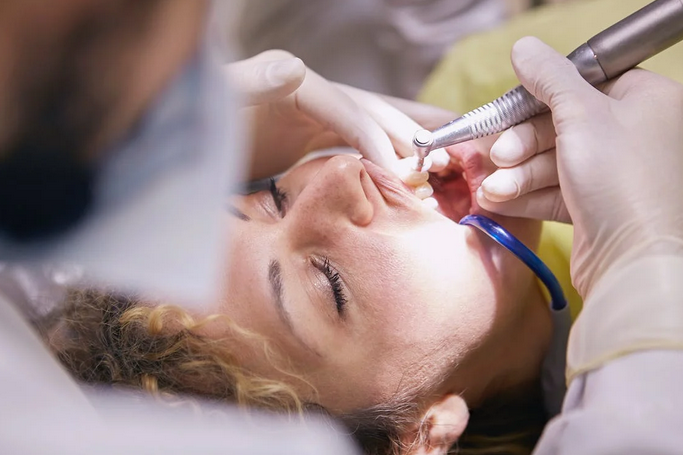
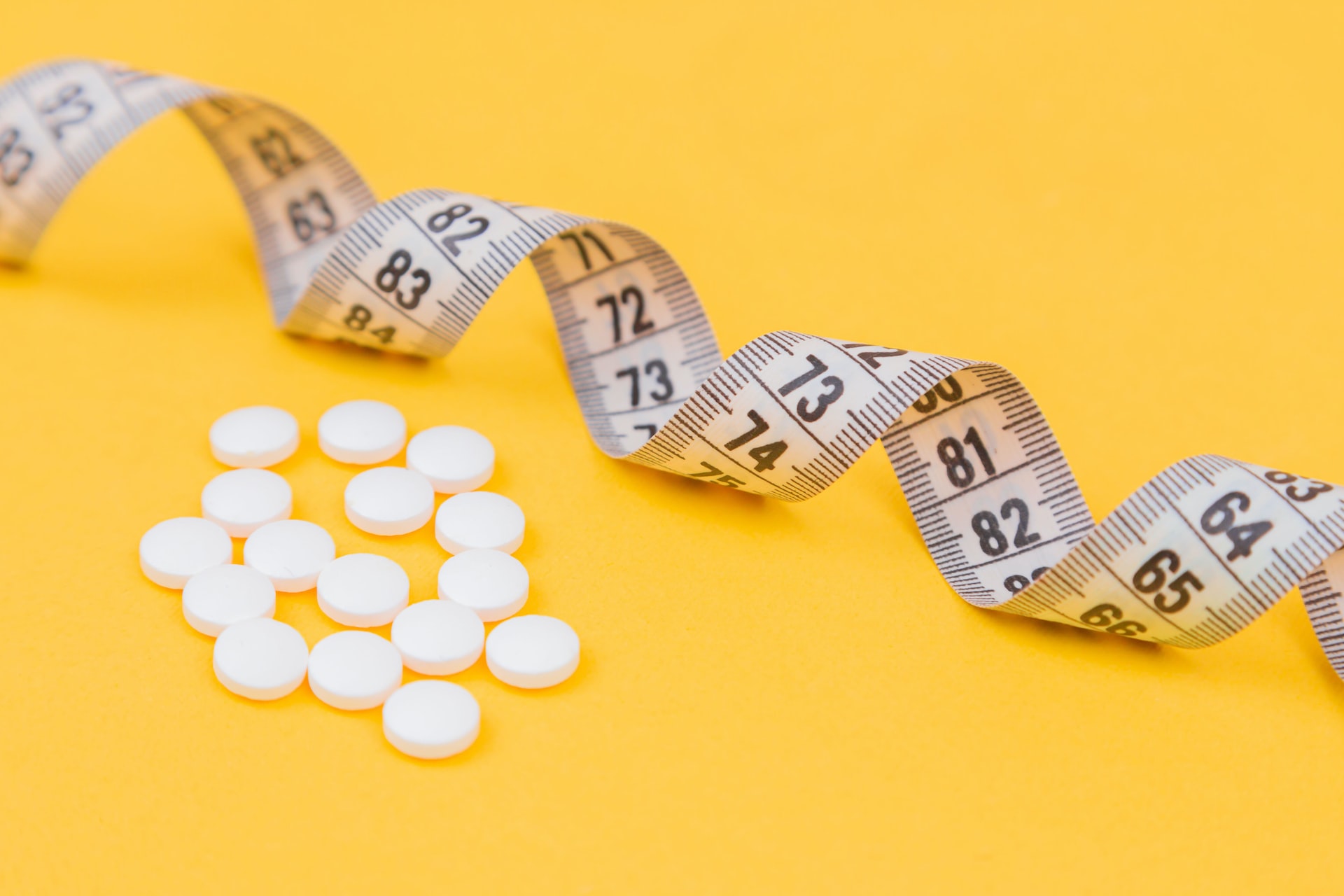
 One of the most popular ingredients in diet pills is green tea extract. Green tea has been used for centuries as a natural health supplement, and it’s now becoming increasingly popular as an ingredient in weight loss supplements. This extract contains powerful antioxidants that can help increase your metabolism, give you energy, and boost your overall health. Studies have also found that green tea extract can help reduce your appetite, meaning you’re less likely to snack on unhealthy foods.
One of the most popular ingredients in diet pills is green tea extract. Green tea has been used for centuries as a natural health supplement, and it’s now becoming increasingly popular as an ingredient in weight loss supplements. This extract contains powerful antioxidants that can help increase your metabolism, give you energy, and boost your overall health. Studies have also found that green tea extract can help reduce your appetite, meaning you’re less likely to snack on unhealthy foods. Chromium is a mineral found naturally in many foods, including whole-grain products, vegetables, and nuts. It’s an essential trace element that helps regulate blood sugar levels, which can help reduce cravings for sugary or starchy snacks. Chromium has also been found to reduce body fat and increase lean muscle mass. For these reasons, it’s becoming an increasingly popular ingredient in diet pills. As you can see, there are many ingredients to look for in a
Chromium is a mineral found naturally in many foods, including whole-grain products, vegetables, and nuts. It’s an essential trace element that helps regulate blood sugar levels, which can help reduce cravings for sugary or starchy snacks. Chromium has also been found to reduce body fat and increase lean muscle mass. For these reasons, it’s becoming an increasingly popular ingredient in diet pills. As you can see, there are many ingredients to look for in a 

 Finally, if you have been eating healthy and exercising regularly but are still stuck at a plateau, it may be because of hidden calories. Sometimes we don’t realize how many calories we consume from certain foods or beverages. To break through your plateau, it is essential to look closely at what you’re eating and make sure you are making healthy choices. In conclusion, there may be sneaky reasons you are hitting a plateau, but they can all be overcome if you take the time to assess your current lifestyle and make the necessary changes. By eating enough calories, challenging yourself with new exercises, setting realistic goals, and closely monitoring your eating, you can break through your plateau and start losing weight again. Good luck.…
Finally, if you have been eating healthy and exercising regularly but are still stuck at a plateau, it may be because of hidden calories. Sometimes we don’t realize how many calories we consume from certain foods or beverages. To break through your plateau, it is essential to look closely at what you’re eating and make sure you are making healthy choices. In conclusion, there may be sneaky reasons you are hitting a plateau, but they can all be overcome if you take the time to assess your current lifestyle and make the necessary changes. By eating enough calories, challenging yourself with new exercises, setting realistic goals, and closely monitoring your eating, you can break through your plateau and start losing weight again. Good luck.…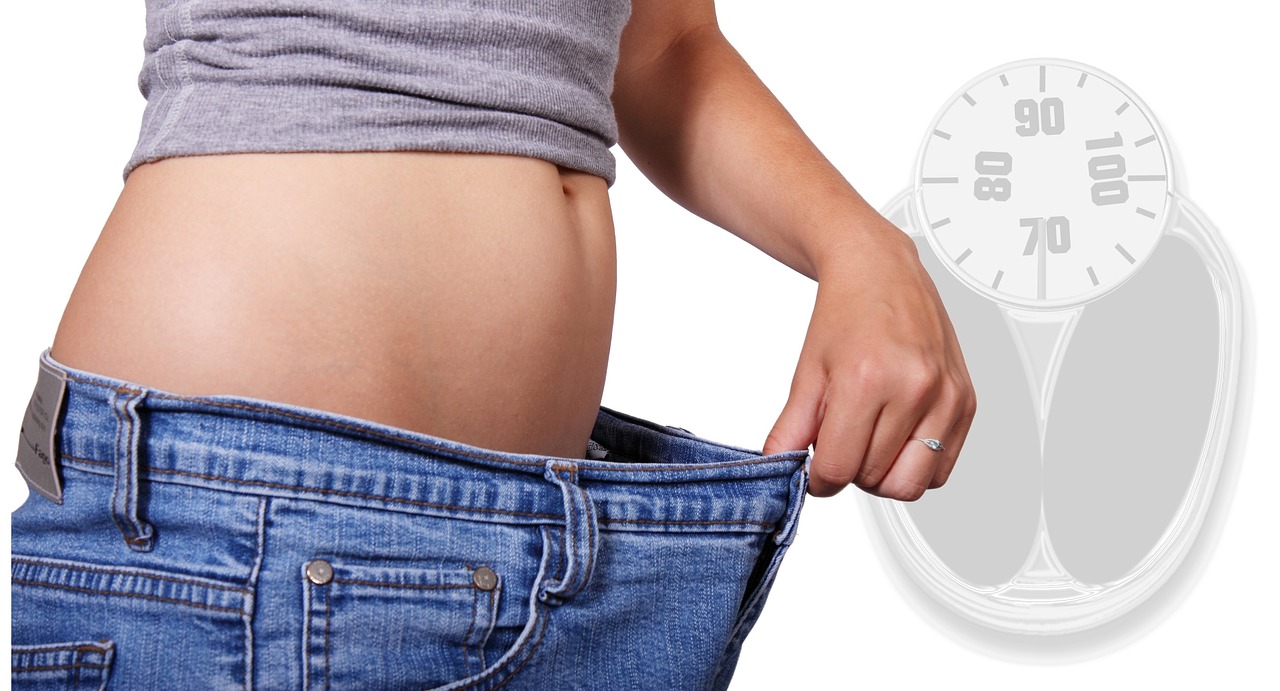

 Weight loss is not a sprint, and it is a marathon. It is important to remember that you did not gain the weight overnight and will not lose it overnight, either. Be patient and focus on making small, sustainable changes that you can stick with for the long haul. Losing weight is a journey, so enjoy the ride! Maintaining a healthy weight can be challenging, but it is possible. The key is to find an activity you enjoy and make it a part of your daily routine, eat healthy foods, control your portion sizes, and be patient with yourself. Making small, sustainable changes is the best way to achieve long-term success. So start today and see where your journey takes you.…
Weight loss is not a sprint, and it is a marathon. It is important to remember that you did not gain the weight overnight and will not lose it overnight, either. Be patient and focus on making small, sustainable changes that you can stick with for the long haul. Losing weight is a journey, so enjoy the ride! Maintaining a healthy weight can be challenging, but it is possible. The key is to find an activity you enjoy and make it a part of your daily routine, eat healthy foods, control your portion sizes, and be patient with yourself. Making small, sustainable changes is the best way to achieve long-term success. So start today and see where your journey takes you.…
 Golf isn’t just a game of walking and hitting a ball. It can also be beneficial for your heart health. In fact, according to the National Institutes of Health, golf can provide some of the same cardiovascular benefits as other aerobic activities like brisk walking.
Golf isn’t just a game of walking and hitting a ball. It can also be beneficial for your heart health. In fact, according to the National Institutes of Health, golf can provide some of the same cardiovascular benefits as other aerobic activities like brisk walking. Golf is often seen as a sport for the older generation. However, this couldn’t be further from the truth. Golf is a great way to stay active and fit, regardless of age. In fact, golf has plenty of health benefits that make it one of the best sports for your overall health and well-being. For starters, golf is a low-impact sport. This means that it’s easy on your joints and muscles, making it a great option for those who want to stay active but can’t handle the high impact of other sports.
Golf is often seen as a sport for the older generation. However, this couldn’t be further from the truth. Golf is a great way to stay active and fit, regardless of age. In fact, golf has plenty of health benefits that make it one of the best sports for your overall health and well-being. For starters, golf is a low-impact sport. This means that it’s easy on your joints and muscles, making it a great option for those who want to stay active but can’t handle the high impact of other sports.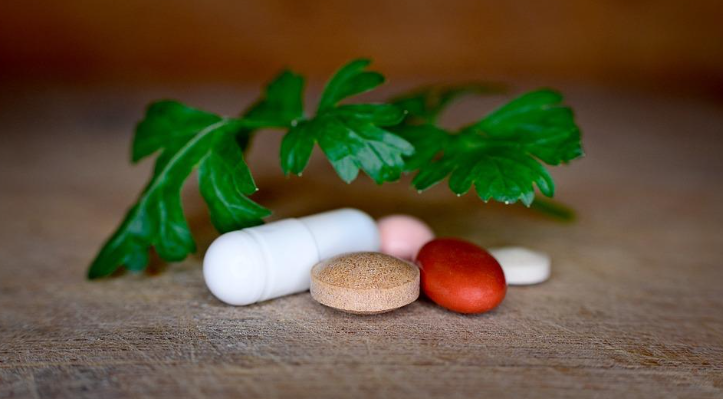
 One of the most critical factors that determine your supplement needs is your gender. Women generally need more iron than men, for example, because they lose iron during menstruation.
One of the most critical factors that determine your supplement needs is your gender. Women generally need more iron than men, for example, because they lose iron during menstruation. The medications you take can also impact your supplement needs. Some drugs can deplete the body of certain nutrients, while others may interfere with the absorption of vitamins and minerals. If you are taking any prescription medications, it’s essential to talk to your doctor about whether or not you need to take supplements. In addition, certain medical conditions may require specific supplements. For example, people with Crohn’s disease may need more vitamin B12, while those with celiac disease may need to take a gluten-free supplement.
The medications you take can also impact your supplement needs. Some drugs can deplete the body of certain nutrients, while others may interfere with the absorption of vitamins and minerals. If you are taking any prescription medications, it’s essential to talk to your doctor about whether or not you need to take supplements. In addition, certain medical conditions may require specific supplements. For example, people with Crohn’s disease may need more vitamin B12, while those with celiac disease may need to take a gluten-free supplement.
 You have to consider ingredients. That is because the strength of the supplement is based on the active ingredients. Also, any supplement’s safety and efficacy are determined by the ingredients, not its packaging or cost. Therefore, make sure you consider the ingredients before you choose any weight loss product. If a manufacturer claims to use a proprietary formula, the manufacturer does not want to disclose the ingredients. Remember that weight loss pills are expensive, and it is necessary for the manufacturers to be transparent. Nevertheless, you need to know what you are consuming.
You have to consider ingredients. That is because the strength of the supplement is based on the active ingredients. Also, any supplement’s safety and efficacy are determined by the ingredients, not its packaging or cost. Therefore, make sure you consider the ingredients before you choose any weight loss product. If a manufacturer claims to use a proprietary formula, the manufacturer does not want to disclose the ingredients. Remember that weight loss pills are expensive, and it is necessary for the manufacturers to be transparent. Nevertheless, you need to know what you are consuming. Although you should not treat customer reviews as clinical evidence, it is important to learn from the experience of others. Through reviews, you can learn a lot of things regarding a given weight loss product. Remember that customer reviews provide important insights and drawbacks of the given fat-burning pills. Also, you can know the potential harmful effects. Also, through reviews, you can learn more about the price of the product and the alternatives you have.
Although you should not treat customer reviews as clinical evidence, it is important to learn from the experience of others. Through reviews, you can learn a lot of things regarding a given weight loss product. Remember that customer reviews provide important insights and drawbacks of the given fat-burning pills. Also, you can know the potential harmful effects. Also, through reviews, you can learn more about the price of the product and the alternatives you have.
 The first step to consider before taking up any form of medication is consulting a health expert for their opinion. Your doctor will run different tests depending on your condition. From his/her analysis, the health professionals will advise you accordingly. Your doctor’s remarks are for your benefit and you should not take them lightly. If you get approval to use nootropic supplements, you can start your shopping venture.
The first step to consider before taking up any form of medication is consulting a health expert for their opinion. Your doctor will run different tests depending on your condition. From his/her analysis, the health professionals will advise you accordingly. Your doctor’s remarks are for your benefit and you should not take them lightly. If you get approval to use nootropic supplements, you can start your shopping venture. To avoid scams, it is advisable to research the different prices on the market. Once you determine the average selling price of the nootropic pills you want, it is easy to spot counterfeits. Most counterfeits are popular because of their significantly low cost. Ensure to have the right budget before shopping to avoid falling for fraudsters and counterfeit drugs.
To avoid scams, it is advisable to research the different prices on the market. Once you determine the average selling price of the nootropic pills you want, it is easy to spot counterfeits. Most counterfeits are popular because of their significantly low cost. Ensure to have the right budget before shopping to avoid falling for fraudsters and counterfeit drugs.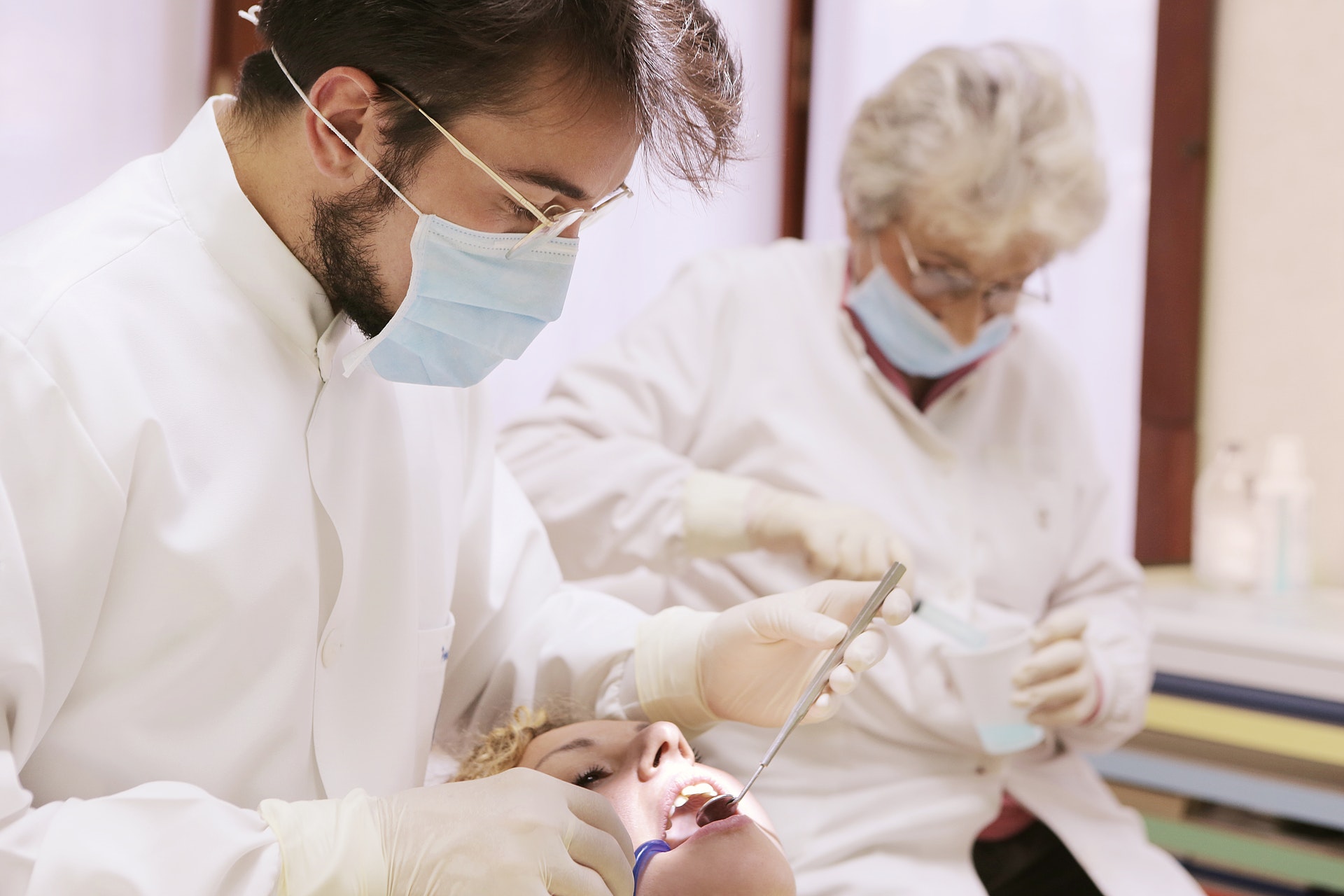
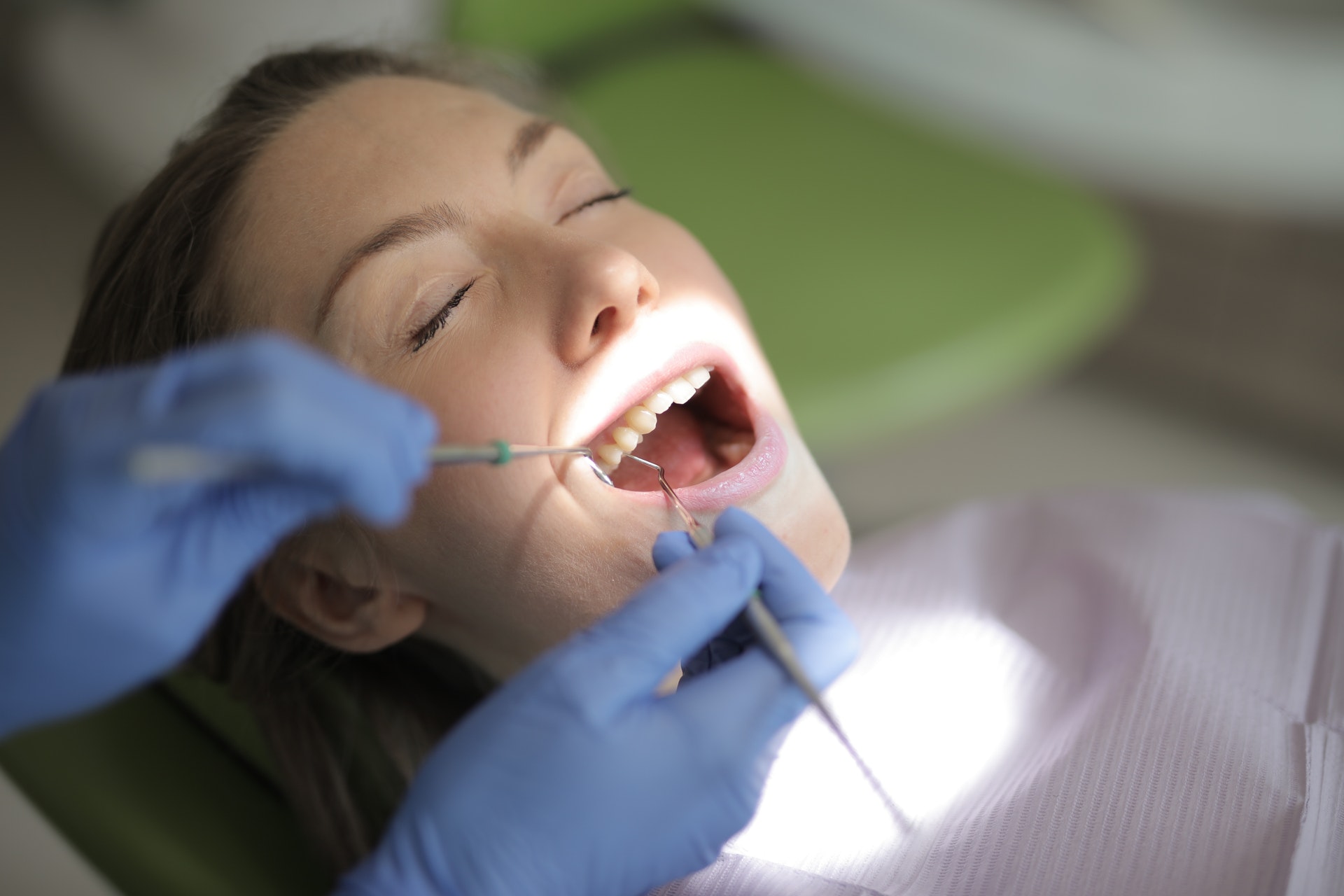 The bacteria that affects teeth harm the enamel in the tooth and can cause cavities. Older adults have dry mouths that increase their risk of cavities. The saliva in the mouth plays an essential role in protecting the teeth and reducing bacteria. Most seniors have a dry mouth caused by using certain drugs prescribed for asthma and high blood pressure.
The bacteria that affects teeth harm the enamel in the tooth and can cause cavities. Older adults have dry mouths that increase their risk of cavities. The saliva in the mouth plays an essential role in protecting the teeth and reducing bacteria. Most seniors have a dry mouth caused by using certain drugs prescribed for asthma and high blood pressure.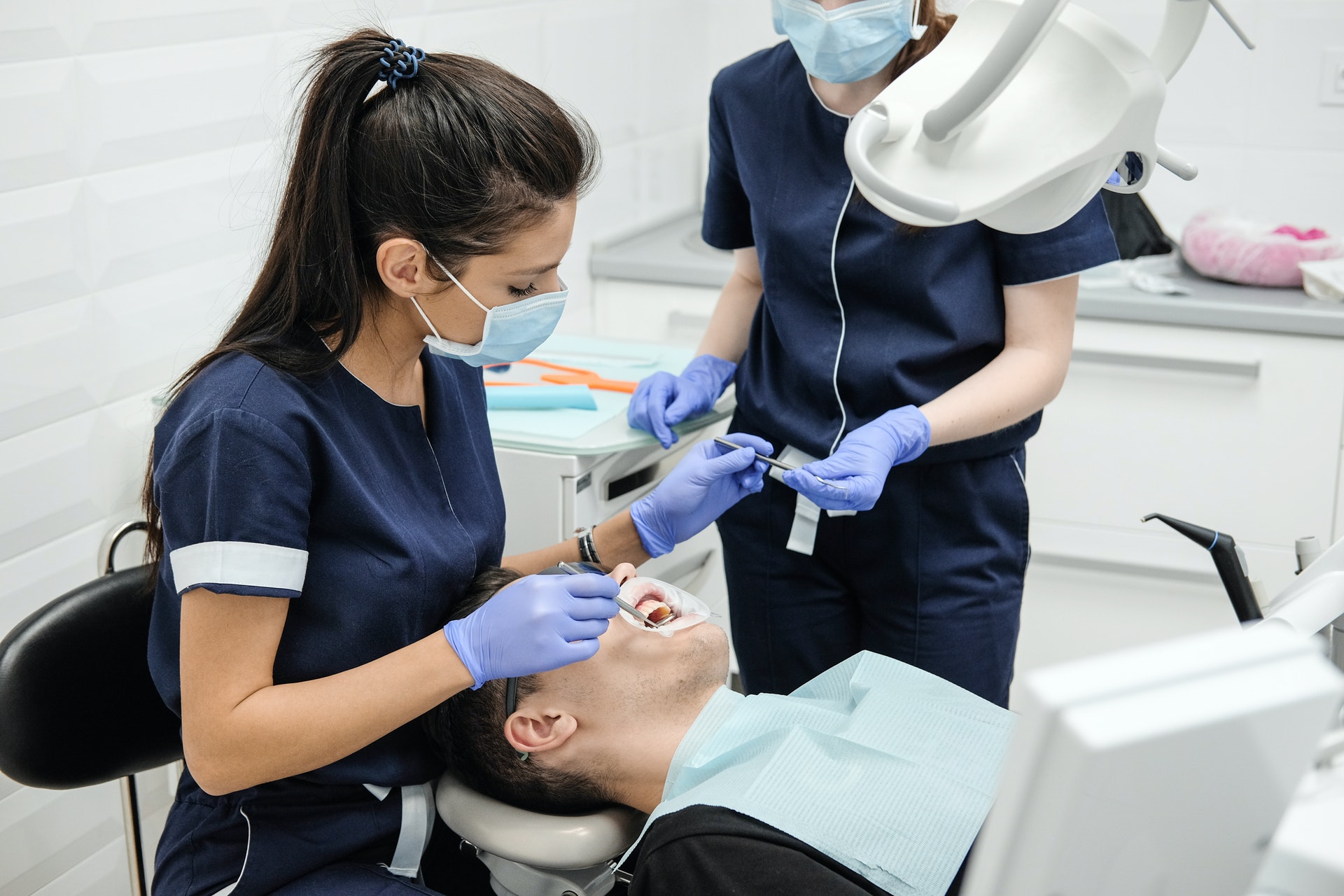 A large number of older people must have lost a tooth. Seniors who have lost multiple teeth have chewing problems, and it is hard for them to eat different varieties of hard foods. They are limited to what they can eat regardless of its availability. Senior dental care will help prevent tooth loss in older adults because they do regular checkups and identify tooth decay early and treat it to prevent the elderly from losing their teeth.
A large number of older people must have lost a tooth. Seniors who have lost multiple teeth have chewing problems, and it is hard for them to eat different varieties of hard foods. They are limited to what they can eat regardless of its availability. Senior dental care will help prevent tooth loss in older adults because they do regular checkups and identify tooth decay early and treat it to prevent the elderly from losing their teeth.
 Workouts like heavyweights, sprints intervals, and inter circuits are good, however, they also stress the body, from the joints to the nervous system which needs time to rest to recover after hard exercise. But if they are done every time, you suffer from fatigue and can lead to injuries. Instead, you can add some low-intensity workouts. For around 20 minutes, you can do easy aerobics to improve the flow of blood.
Workouts like heavyweights, sprints intervals, and inter circuits are good, however, they also stress the body, from the joints to the nervous system which needs time to rest to recover after hard exercise. But if they are done every time, you suffer from fatigue and can lead to injuries. Instead, you can add some low-intensity workouts. For around 20 minutes, you can do easy aerobics to improve the flow of blood. To stay fit, you need to consume wholesome
To stay fit, you need to consume wholesome 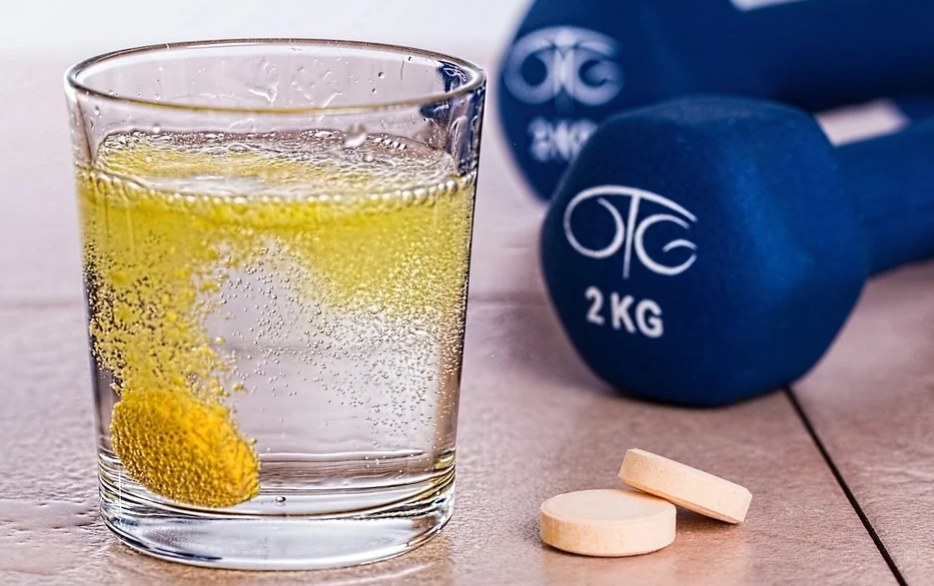
 The HGH supplement can also boost the bone regeneration process. Thus, if you have suffered fractures, it is better to use this supplement to boost recovery. You should note that as you grow older, the gland produces less HGH naturally. As a result, this slows bone regeneration. When you use an HGH supplement, you can help the body to regenerate cells.
The HGH supplement can also boost the bone regeneration process. Thus, if you have suffered fractures, it is better to use this supplement to boost recovery. You should note that as you grow older, the gland produces less HGH naturally. As a result, this slows bone regeneration. When you use an HGH supplement, you can help the body to regenerate cells.
 Before you decide on buying these supplements, you need to consider one factor in determining your needs. It is one of the crucial elements that can help you understand the perfect supplement you need to purchase.
Before you decide on buying these supplements, you need to consider one factor in determining your needs. It is one of the crucial elements that can help you understand the perfect supplement you need to purchase. It is crucial to understand that the ingredient list is an essential thing you need to consider before making your final purchase. You need to read the ingredient label and see the components on these products. It will enable you to make the right choice since you will know the perfect product depending on your needs and the elements you need.
It is crucial to understand that the ingredient list is an essential thing you need to consider before making your final purchase. You need to read the ingredient label and see the components on these products. It will enable you to make the right choice since you will know the perfect product depending on your needs and the elements you need.
 Estrogen, the primary female hormone, can have abnormal levels in some women, which can have visual effects on their breasts. Women with less estrogen levels have sagging breasts because connective tissues become less elastic and become dehydrated. There are also some instances that estrogen levels are much higher than normal. In this case, breasts feel lumpy and cyst-like formations because of the abnormal tissue density in the breast.
Estrogen, the primary female hormone, can have abnormal levels in some women, which can have visual effects on their breasts. Women with less estrogen levels have sagging breasts because connective tissues become less elastic and become dehydrated. There are also some instances that estrogen levels are much higher than normal. In this case, breasts feel lumpy and cyst-like formations because of the abnormal tissue density in the breast. Enhancing Cell Nourishment
Enhancing Cell Nourishment
 One of the main reasons most men are going for these penis enlargement pills is to receive bigger and harder erections. If you have been having issues with your sex life, this is the right option that will help you recover from this annoying issue. It is crucial to understand that a more powerful erection will intensify your lover’s experience and improve your pleasure. Therefore, to receive a harder erection, consider using these pills.
One of the main reasons most men are going for these penis enlargement pills is to receive bigger and harder erections. If you have been having issues with your sex life, this is the right option that will help you recover from this annoying issue. It is crucial to understand that a more powerful erection will intensify your lover’s experience and improve your pleasure. Therefore, to receive a harder erection, consider using these pills. It is essential to note that poor ejaculation control is among the leading cause of embarrassing and uncomfortable experiences in bed. Most married couples are breaking up their relationships due to these annoying experiences regarding their sexual life. In a situation where you want to enhance your sexual performance, make sure you consider using these pills because they will lead to improved sexual performance.
It is essential to note that poor ejaculation control is among the leading cause of embarrassing and uncomfortable experiences in bed. Most married couples are breaking up their relationships due to these annoying experiences regarding their sexual life. In a situation where you want to enhance your sexual performance, make sure you consider using these pills because they will lead to improved sexual performance.

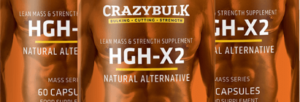

 The best way to boost your hormone levels is to work on your diet. It is important to eat foods that are high in healthy fats and proteins. Lowered testosterone occurs when your diet is full of simple carbs.
The best way to boost your hormone levels is to work on your diet. It is important to eat foods that are high in healthy fats and proteins. Lowered testosterone occurs when your diet is full of simple carbs.

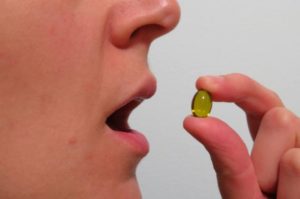 A perfect remedy to try out for conditions such as anxiety and chronic pain is cannabidiol (CBD). It has been tested and proven to be very effective in treating an array of conditions. CBD is among the many compounds from the hemp or cannabis plant. Its most popular form is CBD oil, which is widely used in several ways.
A perfect remedy to try out for conditions such as anxiety and chronic pain is cannabidiol (CBD). It has been tested and proven to be very effective in treating an array of conditions. CBD is among the many compounds from the hemp or cannabis plant. Its most popular form is CBD oil, which is widely used in several ways. of the CBD oil you wish to purchase. It is something else that can help determine whether you will enjoy a quality treatment from using the products. To understand the quality, take your time to find out the conditions which the cannabis used in making the CBD oil was planted. Chemicals such as fertilizers and pesticides should not be used as they can affect the quality of the CBD oil.
of the CBD oil you wish to purchase. It is something else that can help determine whether you will enjoy a quality treatment from using the products. To understand the quality, take your time to find out the conditions which the cannabis used in making the CBD oil was planted. Chemicals such as fertilizers and pesticides should not be used as they can affect the quality of the CBD oil. depend on the kind of extraction you choose. You should look for one with minimal amounts of THC and other cannabis compounds. There are lots of positive feelings you will get after using CBD. The most notable one is relaxation. Using CBD will make you feel extra calm once it links up with your endocannabinoid system. Look for the perfect form of CBD for the best feeling and quality results.…
depend on the kind of extraction you choose. You should look for one with minimal amounts of THC and other cannabis compounds. There are lots of positive feelings you will get after using CBD. The most notable one is relaxation. Using CBD will make you feel extra calm once it links up with your endocannabinoid system. Look for the perfect form of CBD for the best feeling and quality results.…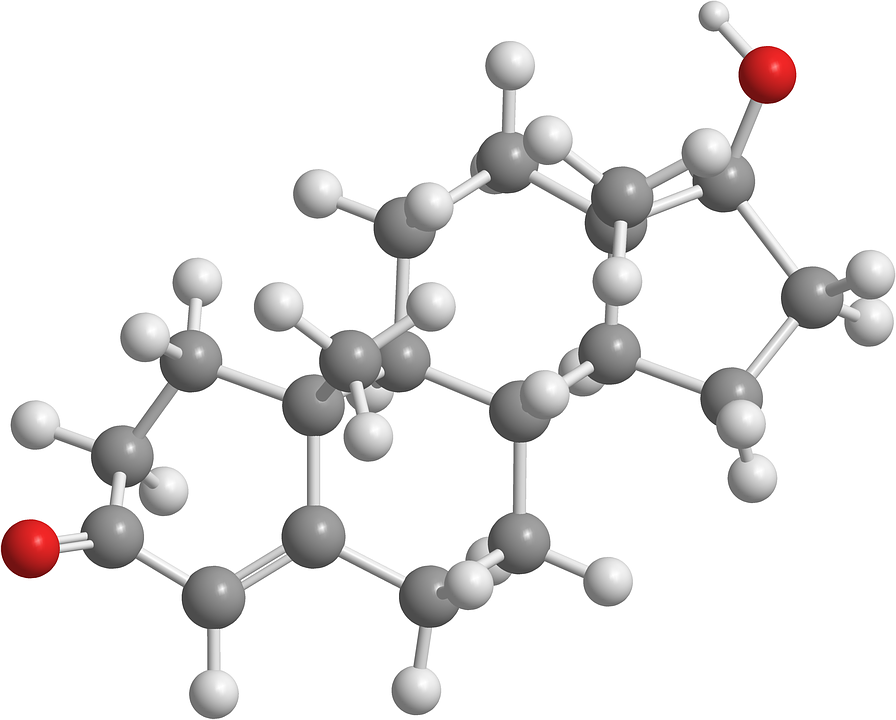

 According to specific studies conducted, it was proven that testosterone could be increased when one minimizes the cortisol and stress levels. The unnatural elevations in the cortisol will quickly help to reduce testosterone. Since this hormone work in a seesaw-like manner, it is essential to ensure that you are healthy and reduce your stress levels. Therefore, note that high cortisol and stress can increase weight gain and food intake.
According to specific studies conducted, it was proven that testosterone could be increased when one minimizes the cortisol and stress levels. The unnatural elevations in the cortisol will quickly help to reduce testosterone. Since this hormone work in a seesaw-like manner, it is essential to ensure that you are healthy and reduce your stress levels. Therefore, note that high cortisol and stress can increase weight gain and food intake.
 There are companies known to make high-quality supplements. The good thing about such companies is that they invest a lot of resources to protect their reputations. Avoid choosing new companies as you never know how long they will be in business. Also, you should consider other things, such as free returns.
There are companies known to make high-quality supplements. The good thing about such companies is that they invest a lot of resources to protect their reputations. Avoid choosing new companies as you never know how long they will be in business. Also, you should consider other things, such as free returns.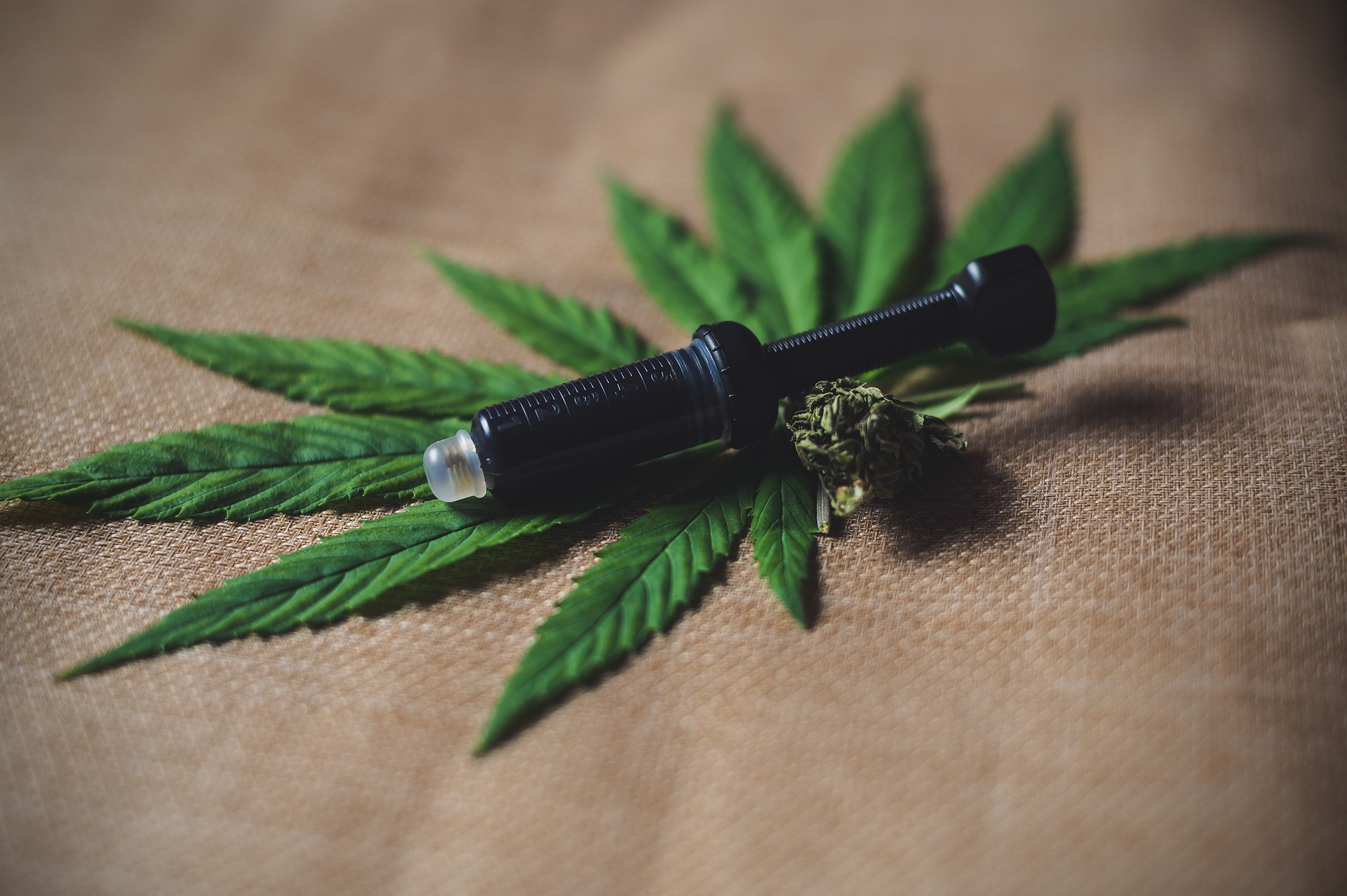
 You will be assured of customers if you have the best products in town. Although choosing the most reputable CBD manufacturing company can be a challenging task, it will give you the amazing return of investment in a shorter time because customers will always go for the highest quality products in the market.
You will be assured of customers if you have the best products in town. Although choosing the most reputable CBD manufacturing company can be a challenging task, it will give you the amazing return of investment in a shorter time because customers will always go for the highest quality products in the market.
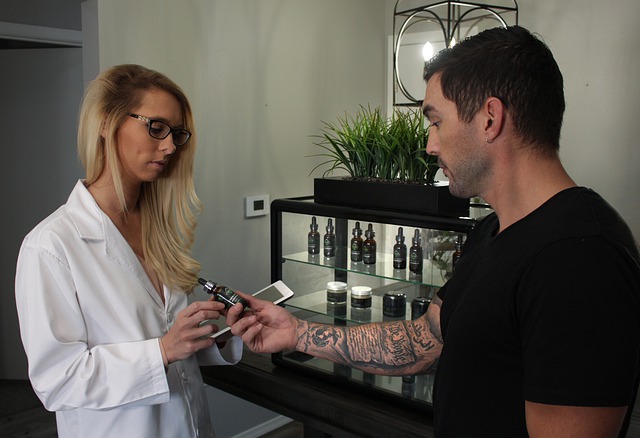 Customer Service
Customer Service
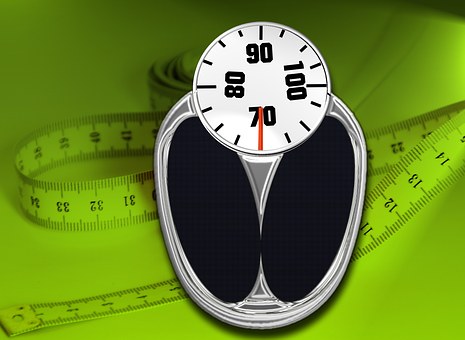

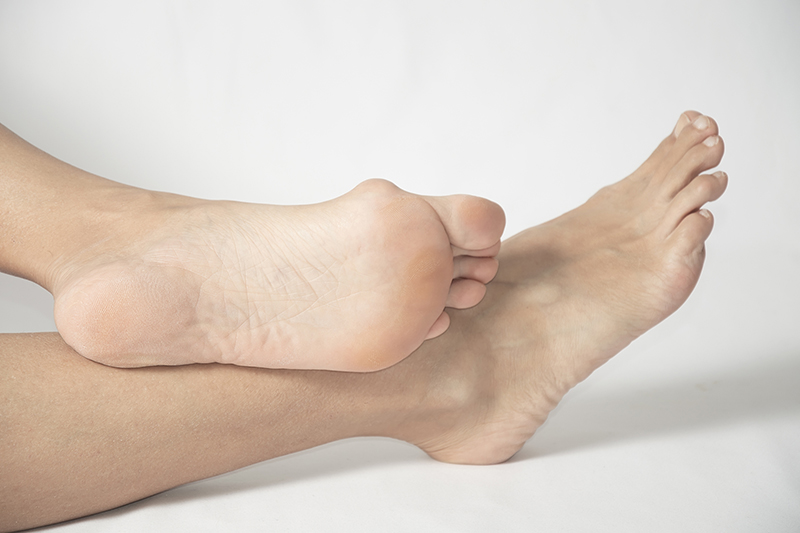
 When it comes to managing bunions, the first step is to maintain your weight. You need to make sure that you keep a healthy weight so that you can reduce the pain and the swelling around the bunions.
When it comes to managing bunions, the first step is to maintain your weight. You need to make sure that you keep a healthy weight so that you can reduce the pain and the swelling around the bunions.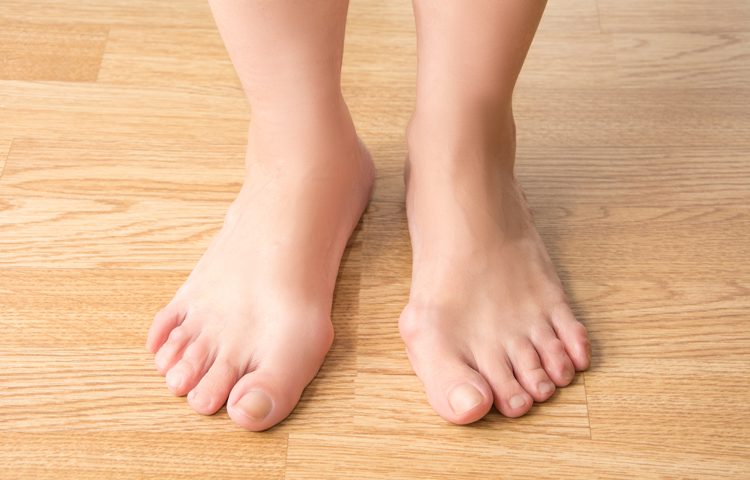

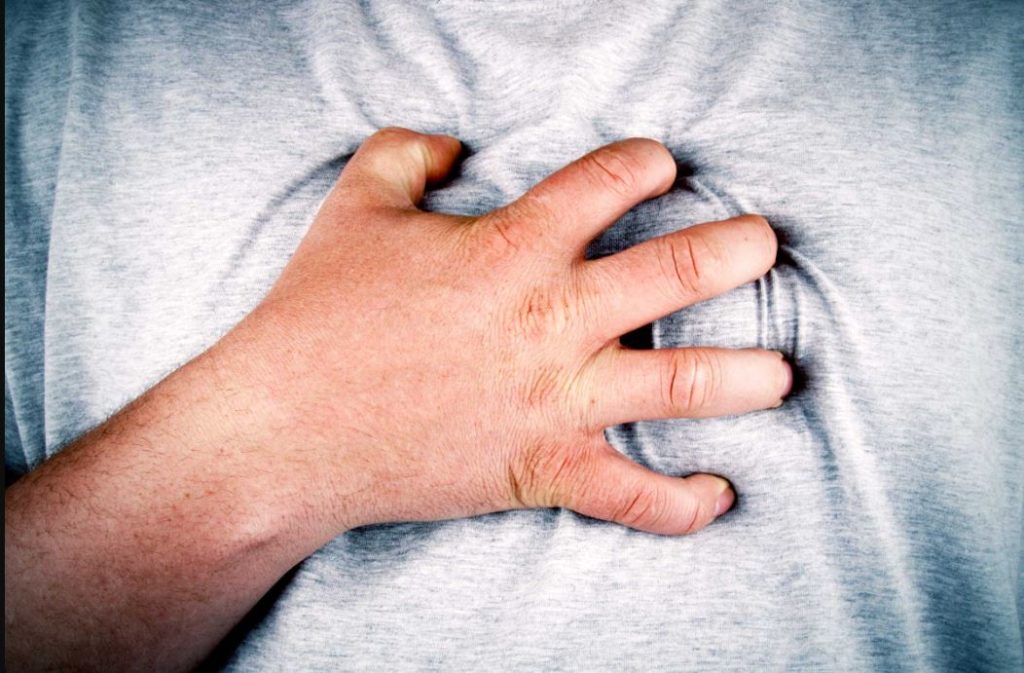 arrhythmia are other cardiovascular health conditions you can experience. Always examine your body to know the state of your health. Familiarize yourself with related symptoms to find out if you might be suffering from any. You can also visit a doctor who will help examine your body. There are different things you should do to improve your cardiovascular health. They include:
arrhythmia are other cardiovascular health conditions you can experience. Always examine your body to know the state of your health. Familiarize yourself with related symptoms to find out if you might be suffering from any. You can also visit a doctor who will help examine your body. There are different things you should do to improve your cardiovascular health. They include: It is another ideal way of improving your
It is another ideal way of improving your 
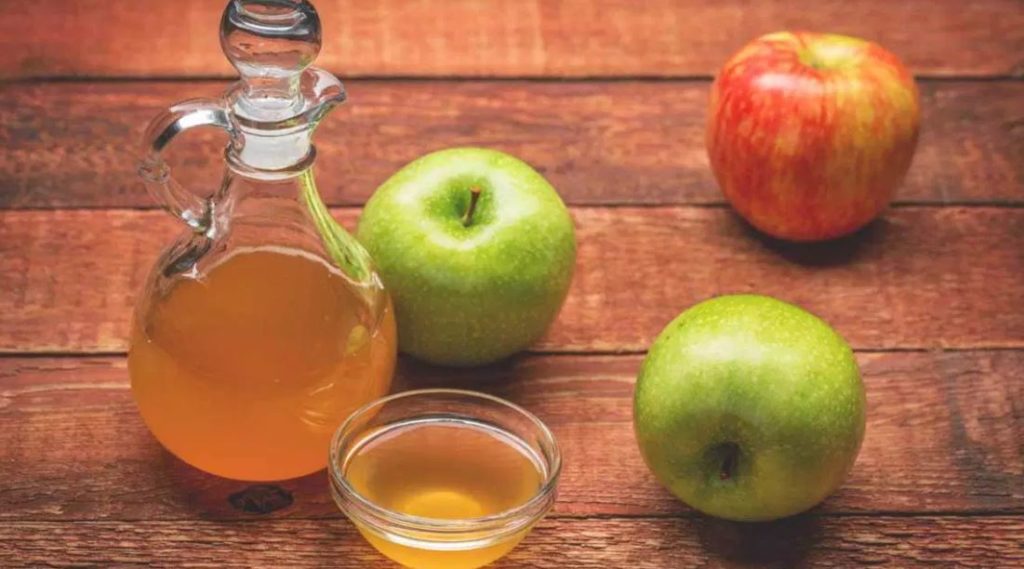 it helps in reducing the levels of sugar in your blood which is vital for diabetes treatment. Diabetes is one condition that has claimed the lives of many and comes about when the body fails to produce enough insulin to regulate your blood sugar levels. Apple cider vinegar can help lower your blood sugar by a certain percentage and also increase insulin sensitivity.
it helps in reducing the levels of sugar in your blood which is vital for diabetes treatment. Diabetes is one condition that has claimed the lives of many and comes about when the body fails to produce enough insulin to regulate your blood sugar levels. Apple cider vinegar can help lower your blood sugar by a certain percentage and also increase insulin sensitivity.